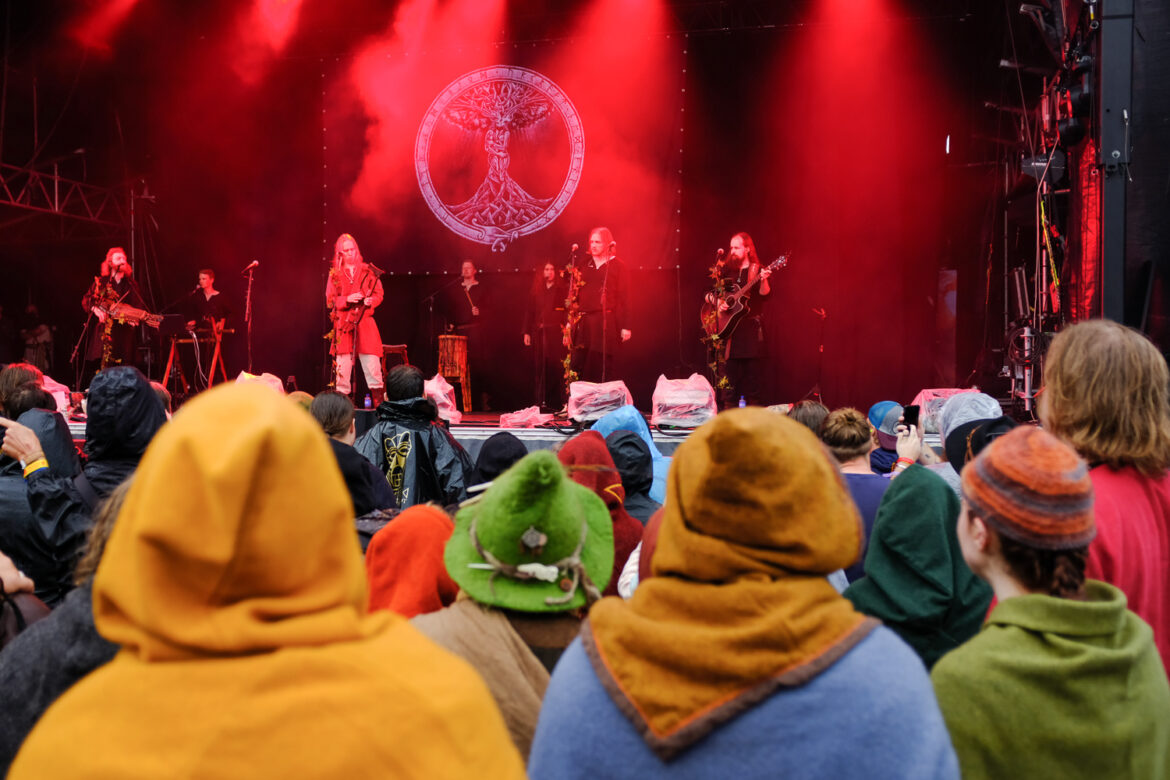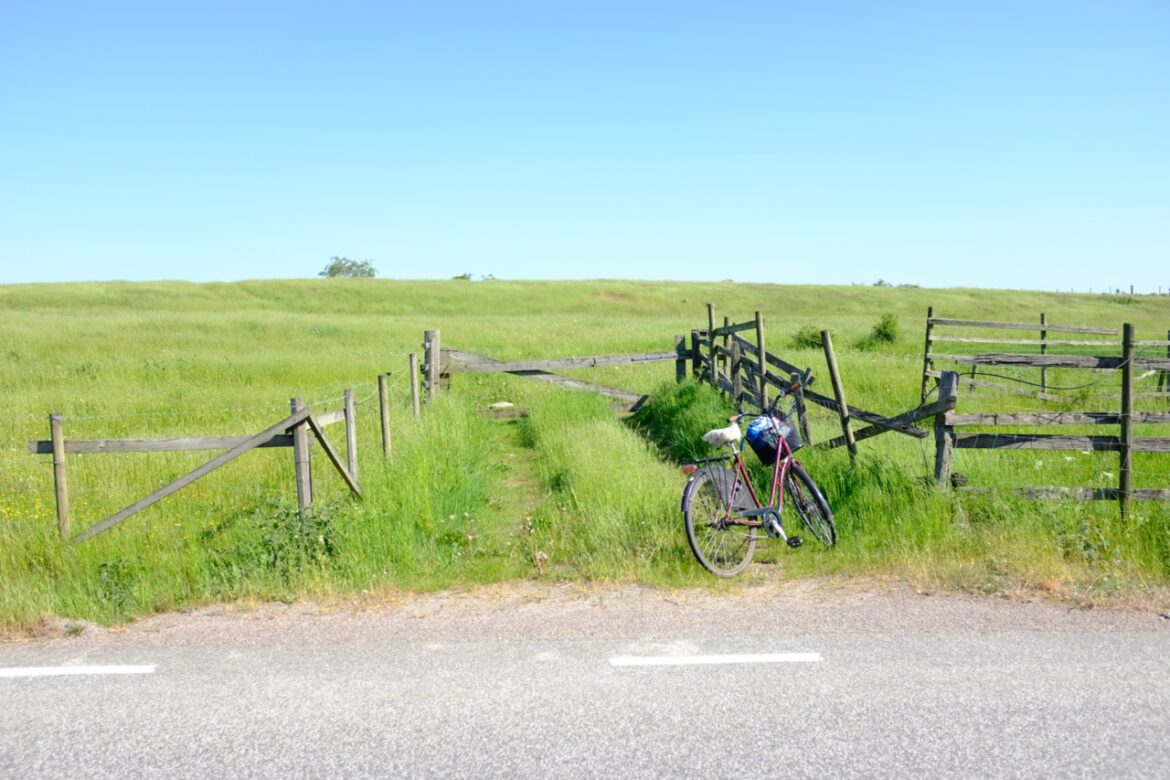Arts & Culture
Of Sacred Hymns and Profane Revelry: Midgardsblot 2024
|
The Midgardsblot festival, taking place each August in Borre, just south of Oslo, Norway, has slowly but surely become ubiquitous among Viking nerds, Norse Pagans, and metalheads alike. With its unique blend of extreme Metal and nordic folk acts (among others), alongside numerous artistic and academic entertainment acts, it was only a matter of time that I checked it out for myself.


